45 hazard labels class 4
Hazard Class 1 - Explosives – HazMat Tool Hazard Class 1 – Explosives. Division 1.1/1.2 – Explosives; Division 1.3 – Explosives; Division 1.4 – Explosives; Division 1.5 – Very insensitive explosives; Division 1.6 – Extremely insensitive explosives; Division 1.1/1.2 – Explosives . Division 1.1: Explosives that have a mass explosion hazard. A mass explosion is one which affects almost the entire load instantaneously ... Yellow Hazard Warning Signs Symbols for Workplace Safety Can't find the sign you're after? Check our Custom Sign options or Call us on 1800 531 484. Workplace safety warning signs supplier in Australia. Warning or hazard signs, warning signage or hazard symbols are usually black and yellow and helps to alert for hazardous conditions, danger, obstacles, obstruction or risks that is not likely to be life threatening.
› sites › defaultBRIEF - Occupational Safety and Health Administration relative level of severity of the hazard and alert the reader to a potential hazard on the label. There are only two words used as signal words, “Danger” and “Warning.” Within a specific hazard class, “Danger” is used for the more severe hazards and “Warning” is used for the less severe hazards. There will only be one signal
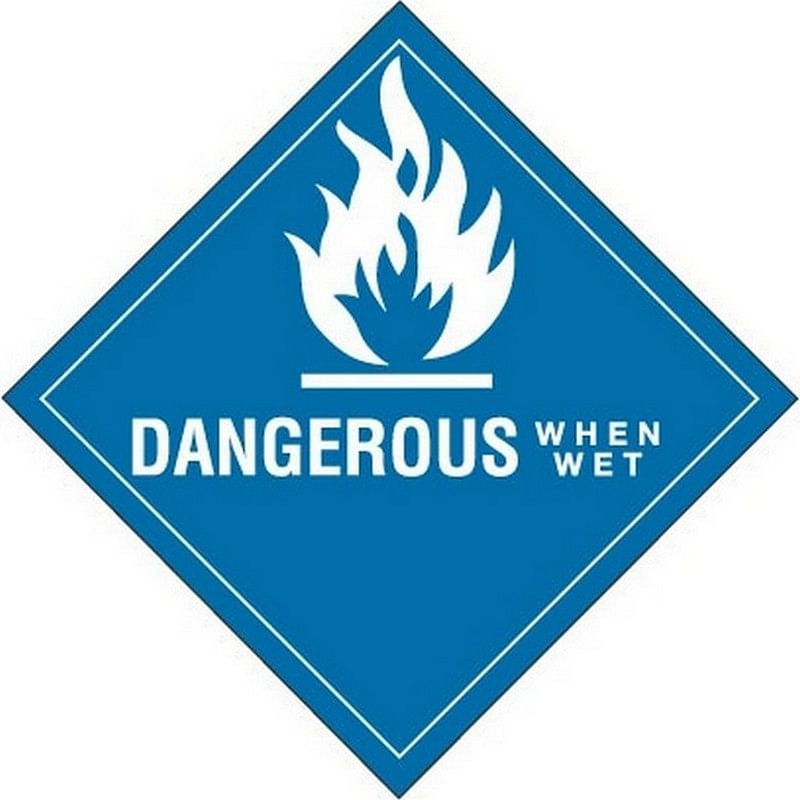
Hazard labels class 4
WHMIS 2015 - Hazard Classes and Categories : OSH Answers 03.10.2022 · Category 2 within the same hazard class is more hazardous than category 3, and so on. There are a few exceptions to this rule. For example, for the Gases under pressure hazard class, the hazard categories are "Compressed gas", "Liquefied gas", "Refrigerated liquefied gas" and "Dissolved gas". These classes relate to the physical state of the ... Safety of Class 4 visible-beam lasers - Laser Safety Facts Some Laser Safety Facts labels will list the laser’s specific eye injury hazard distance. If this is not listed, here are some example Class 4 lasers: The Nominal Ocular Hazard Distance (NOHD) for a 1000 milliwatt (1 Watt) visible-beam laser with 1 milliradian divergence is 740 ft (225 m).; The NOHD for a 5 Watt laser with a 1 milliradian divergence is 1640 ft (500 m). BRIEF - Occupational Safety and Health Administration Hazard Communication Standard: Labels and Pictograms standard also requires the use of a 16-section safety data sheet format, which provides detailed information regarding the chemical. There is a separate OSHA Brief on SDSs that provides information on the new SDS requirements. All hazardous chemicals shipped after June 1, 2015, must be labeled with specified elements …
Hazard labels class 4. › classesHazard Class 1 - Explosives – HazMat Tool Division 1.1: Explosives that have a mass explosion hazard. A mass explosion is one which affects almost the entire load instantaneously. Division 1.2: Explosives that have a projection hazard but not a mass explosion hazard. › shop › labelsHazard Class Labels - DOT Hazmat Labels for ... - Labelmaster Compliance starts with the right label. When it comes to hazard labels, there's simply no room for cutting corners or taking chances. Available for Hazard Classes 1 through 9 in Worded, Personalized, Blank, International Wordless and more, our Hazmat labels feature outstanding durability to withstand even the most abrasive elements and harsh environments. Hazard Communication - Overview | Occupational Safety and … Hazard classification: Provides specific criteria for classification of health and physical hazards, as well as classification of mixtures. Labels: Chemical manufacturers and importers will be required to provide a label that includes a harmonized signal word, pictogram, and hazard statement for each hazard class and category. Precautionary ... GHS Classification - PubChem GHS includes criteria for the classification of health, physical and environmental hazards, as well as specifying what information should be included on labels of hazardous chemicals as well as safety data sheets. This page summarizes the relationship of GHS hazard statements, pictograms, signal words, hazard classes, categories, and precautionary statements.
Hazmat Labels, Hazmat Placards, and Hazmat Markings Want to learn more about hazard class labels, DOT placards, hazmat markings and more. Get the answers from your total compliance resource, Labelmaster. Visit Today! Questions? Call us 800-621-5808 Customer Service Login. Account. Login Wish list. Search. 0 ... Dangerous goods classes and hazard labels - Civil Aviation … Handling labels. In addition to hazard labels, handling labels must be attached to all packaging and clearly visible where needed. You must use these 4 handling labels with the appropriate hazard labels: Cargo aircraft only. This label is used to show that the load cannot be carried on a passenger aircraft. Cyrogenics › hazcomHazard Communication - Overview | Occupational Safety and ... Hazard classification: Provides specific criteria for classification of health and physical hazards, as well as classification of mixtures. Labels: Chemical manufacturers and importers will be required to provide a label that includes a harmonized signal word, pictogram, and hazard statement for each hazard class and category. Precautionary ... Hazard Class Labels - DOT Hazmat Labels for Hazmat Available for Hazard Classes 1 through 9 in Worded, Personalized, Blank, International Wordless and more, our Hazmat labels feature outstanding durability to withstand even the most abrasive elements and harsh environments. Designed with long-life UV inks that resist peeling, these labels won't fade or fall off. Plus, they help ensure your company's compliance with DOT …
BRIEF - Occupational Safety and Health Administration Hazard Communication Standard: Labels and Pictograms standard also requires the use of a 16-section safety data sheet format, which provides detailed information regarding the chemical. There is a separate OSHA Brief on SDSs that provides information on the new SDS requirements. All hazardous chemicals shipped after June 1, 2015, must be labeled with specified elements … Safety of Class 4 visible-beam lasers - Laser Safety Facts Some Laser Safety Facts labels will list the laser’s specific eye injury hazard distance. If this is not listed, here are some example Class 4 lasers: The Nominal Ocular Hazard Distance (NOHD) for a 1000 milliwatt (1 Watt) visible-beam laser with 1 milliradian divergence is 740 ft (225 m).; The NOHD for a 5 Watt laser with a 1 milliradian divergence is 1640 ft (500 m). WHMIS 2015 - Hazard Classes and Categories : OSH Answers 03.10.2022 · Category 2 within the same hazard class is more hazardous than category 3, and so on. There are a few exceptions to this rule. For example, for the Gases under pressure hazard class, the hazard categories are "Compressed gas", "Liquefied gas", "Refrigerated liquefied gas" and "Dissolved gas". These classes relate to the physical state of the ...

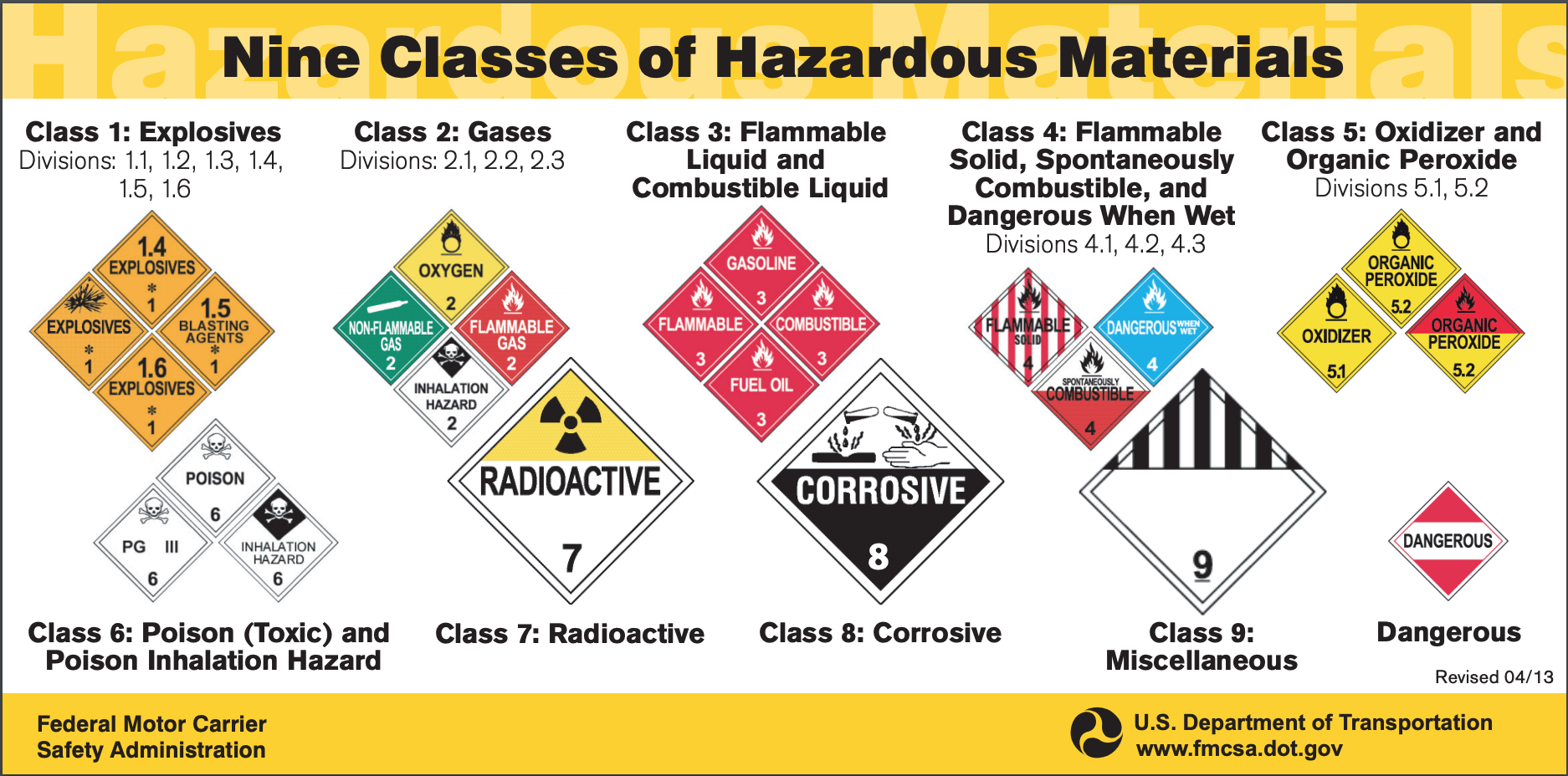

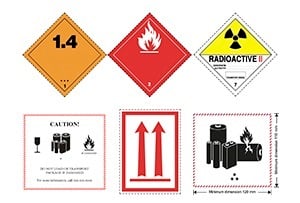

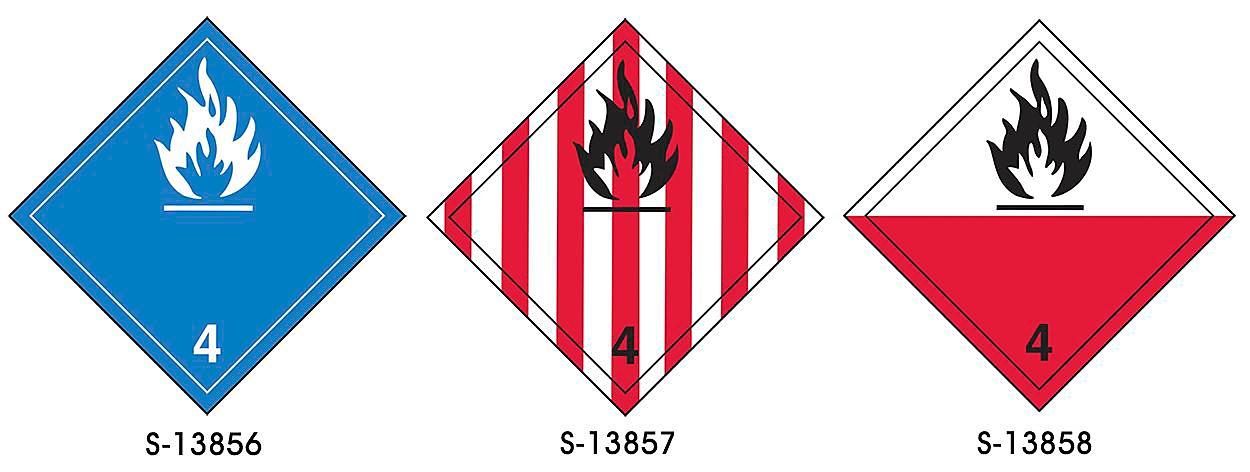
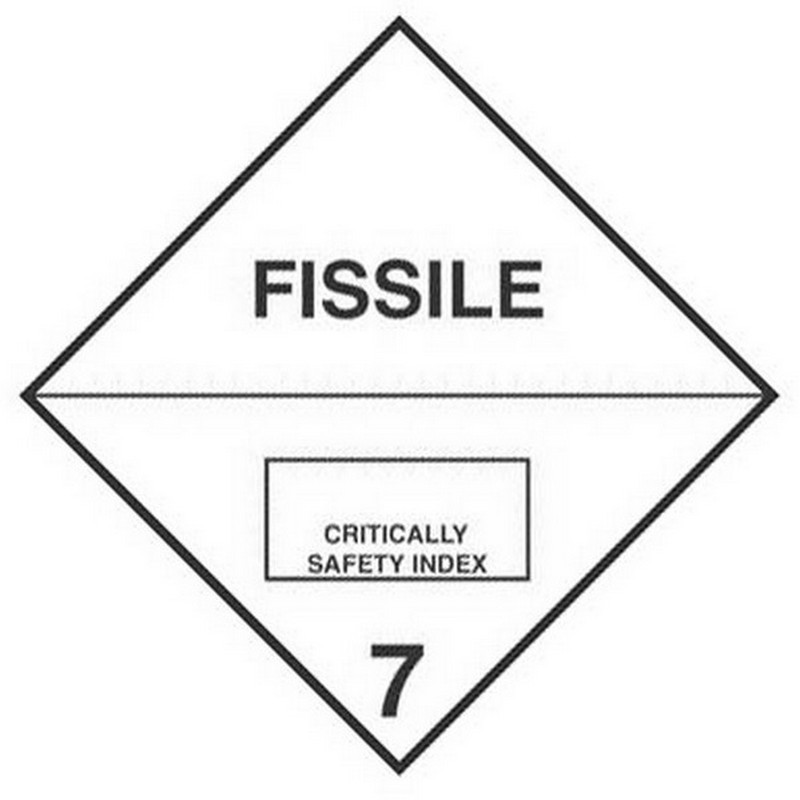

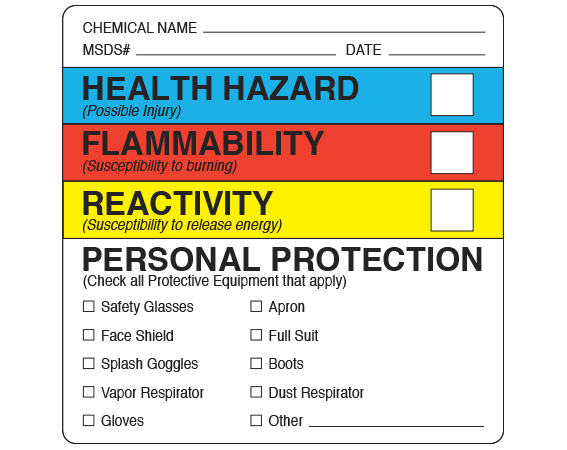
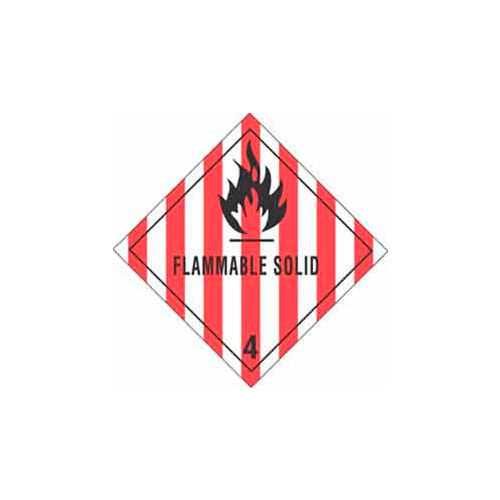


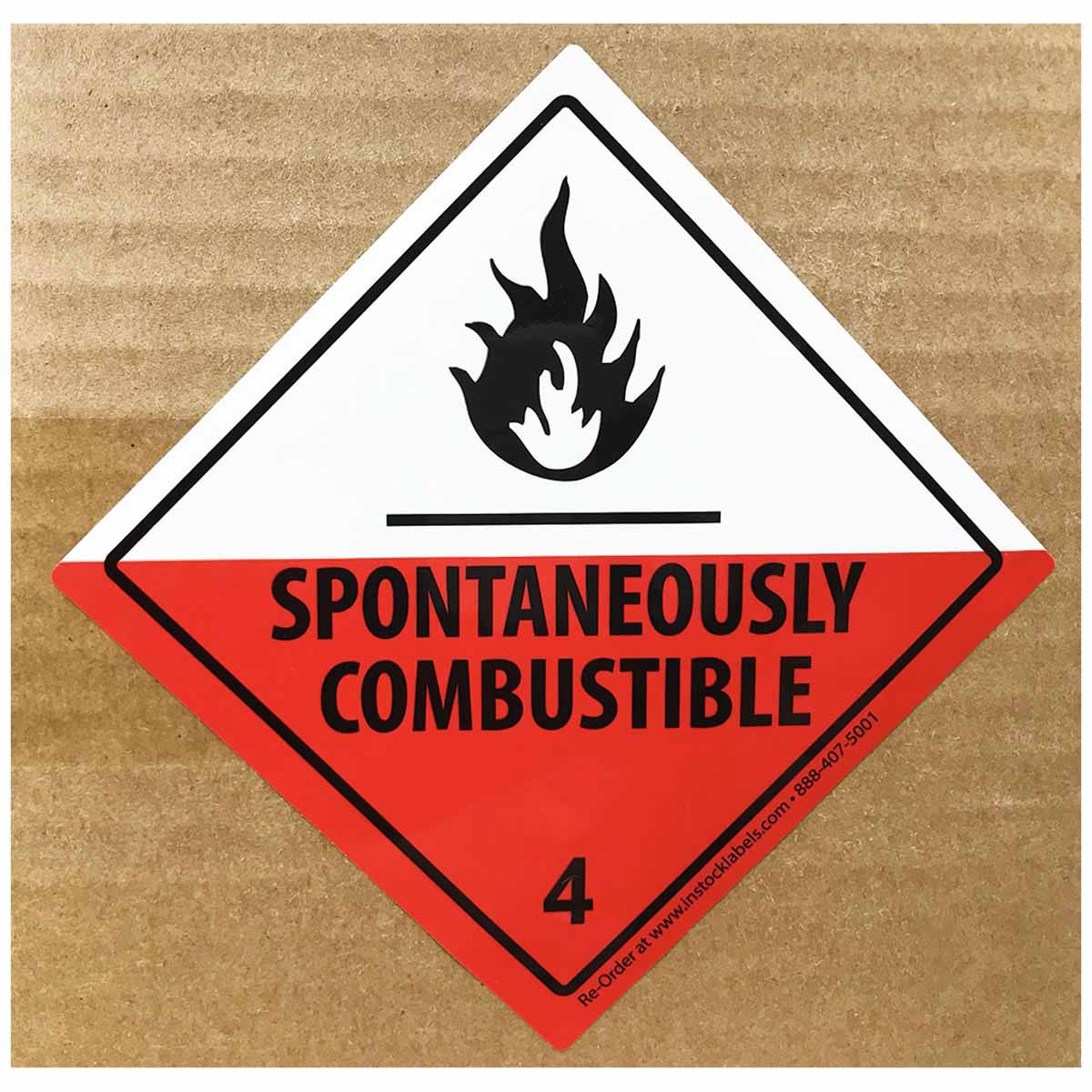
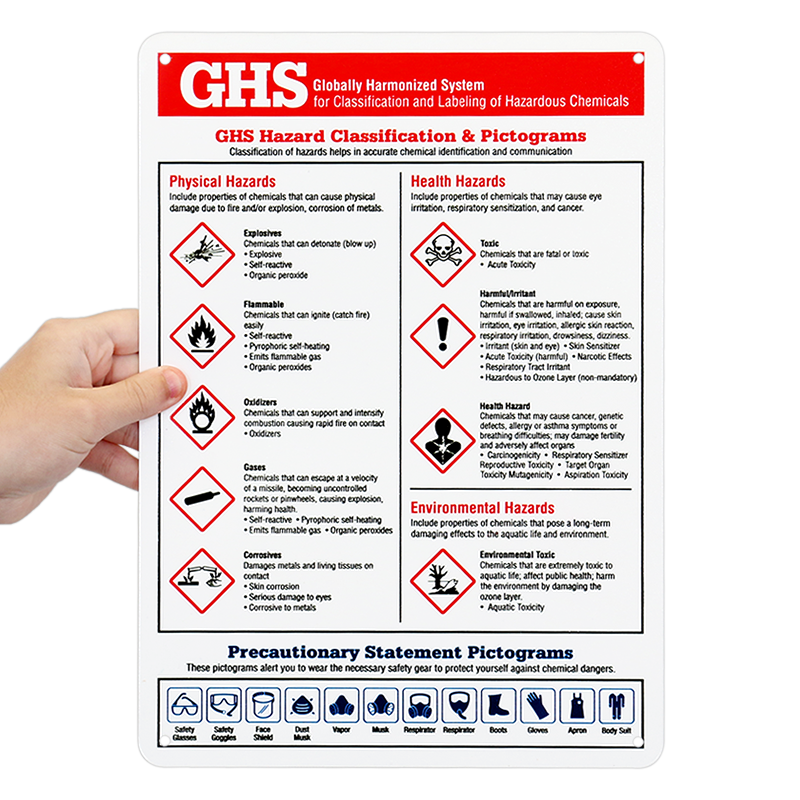



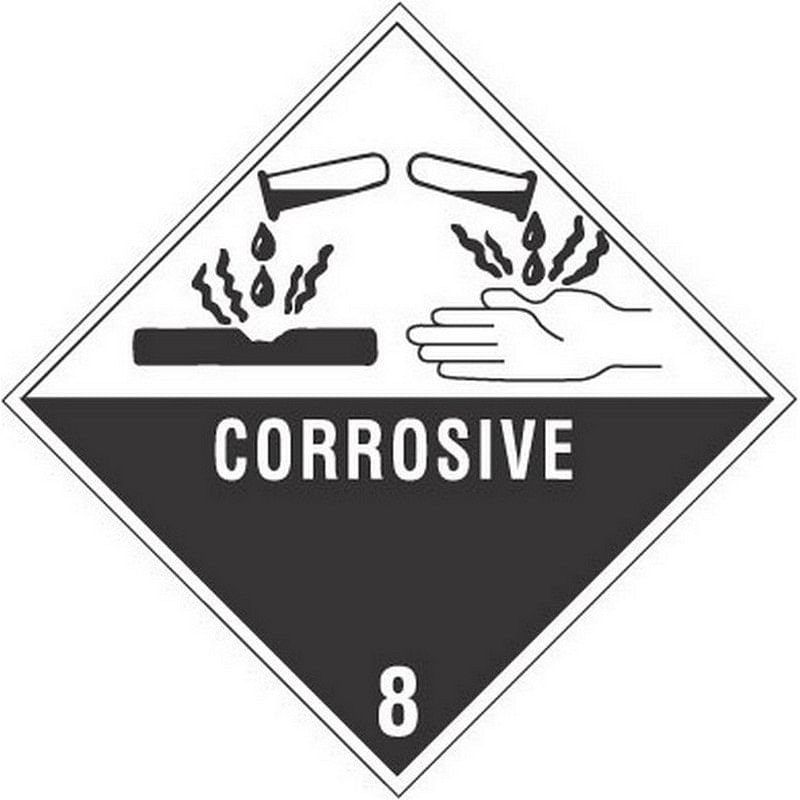

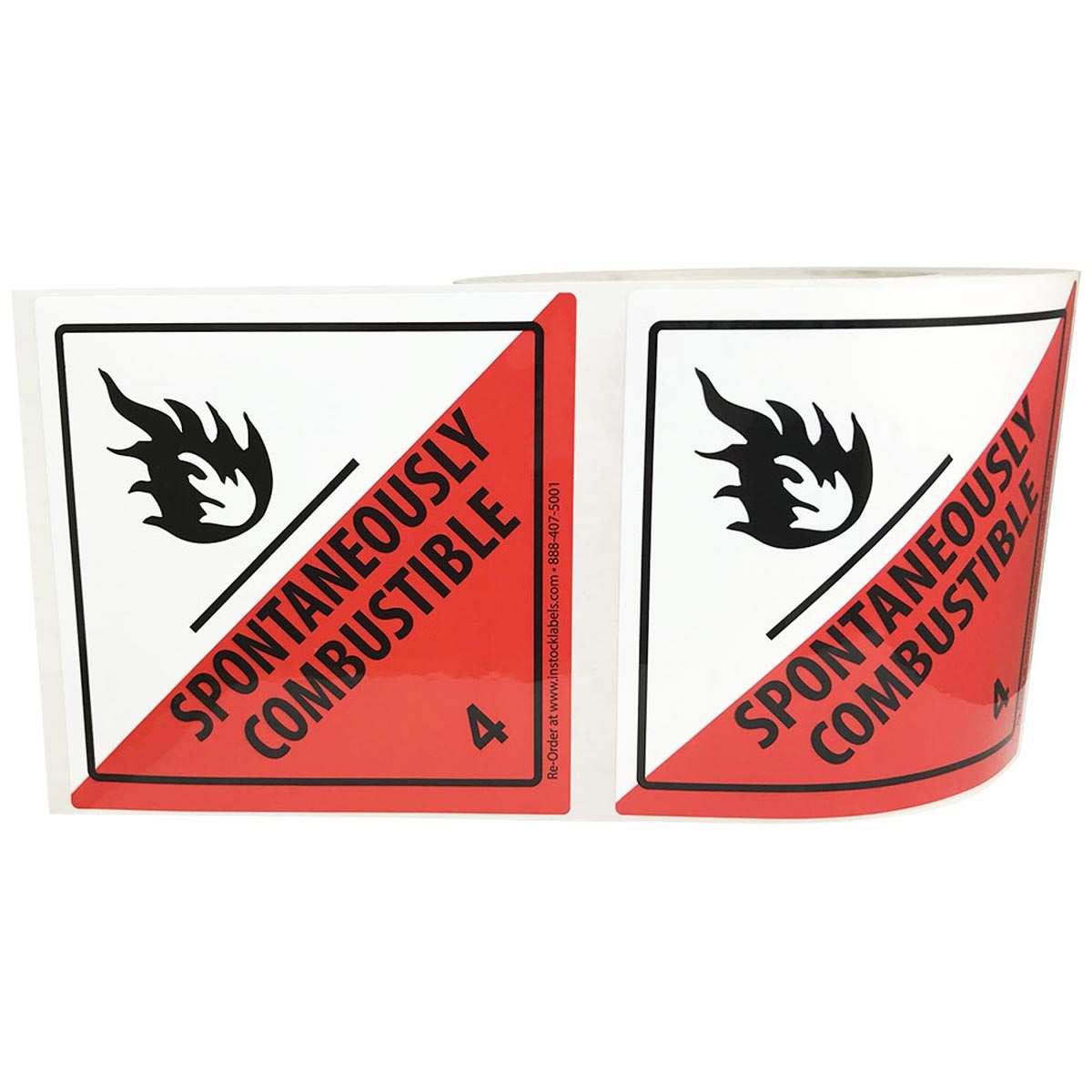







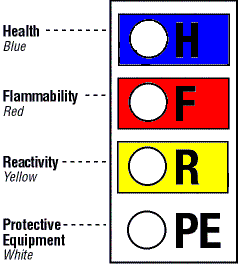


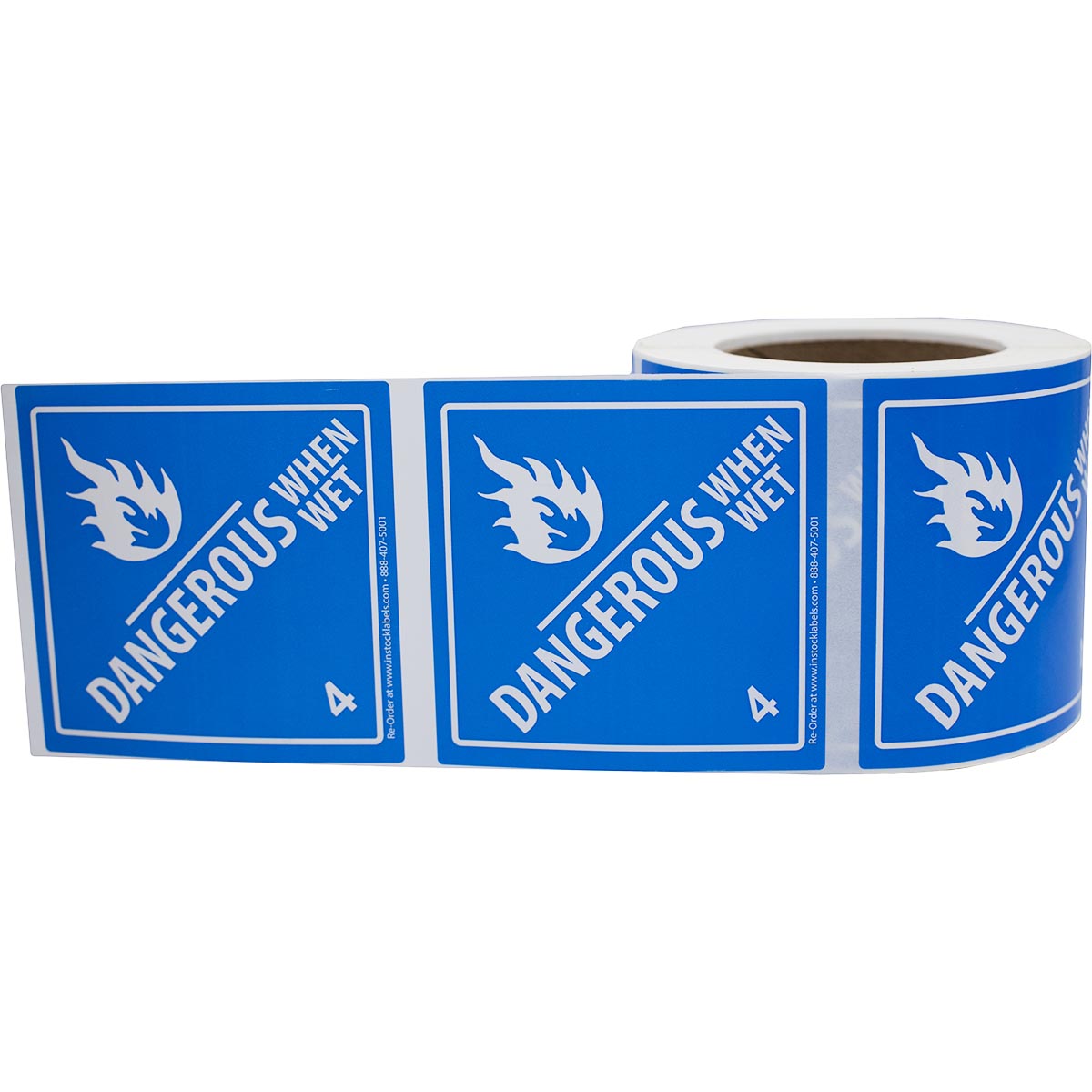






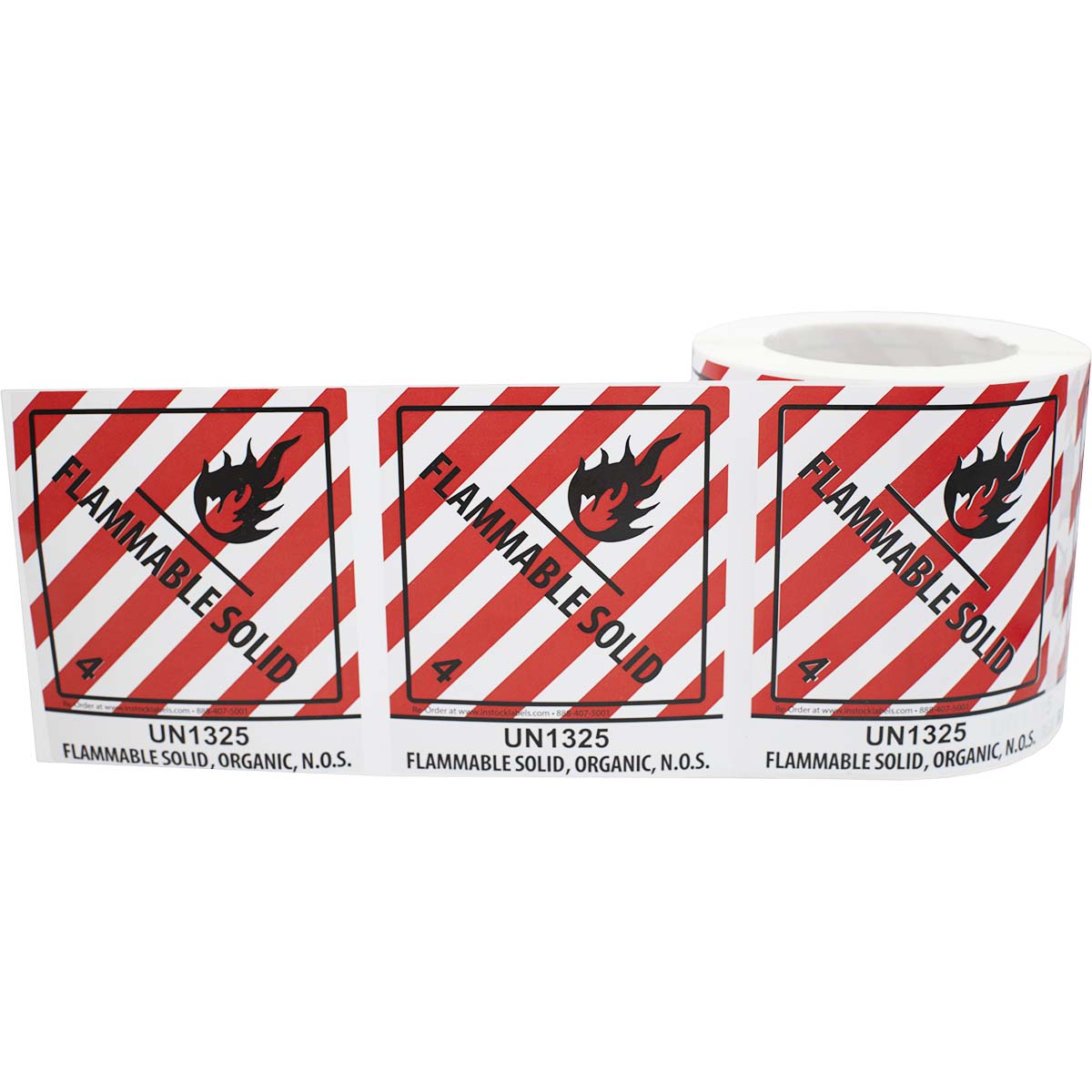
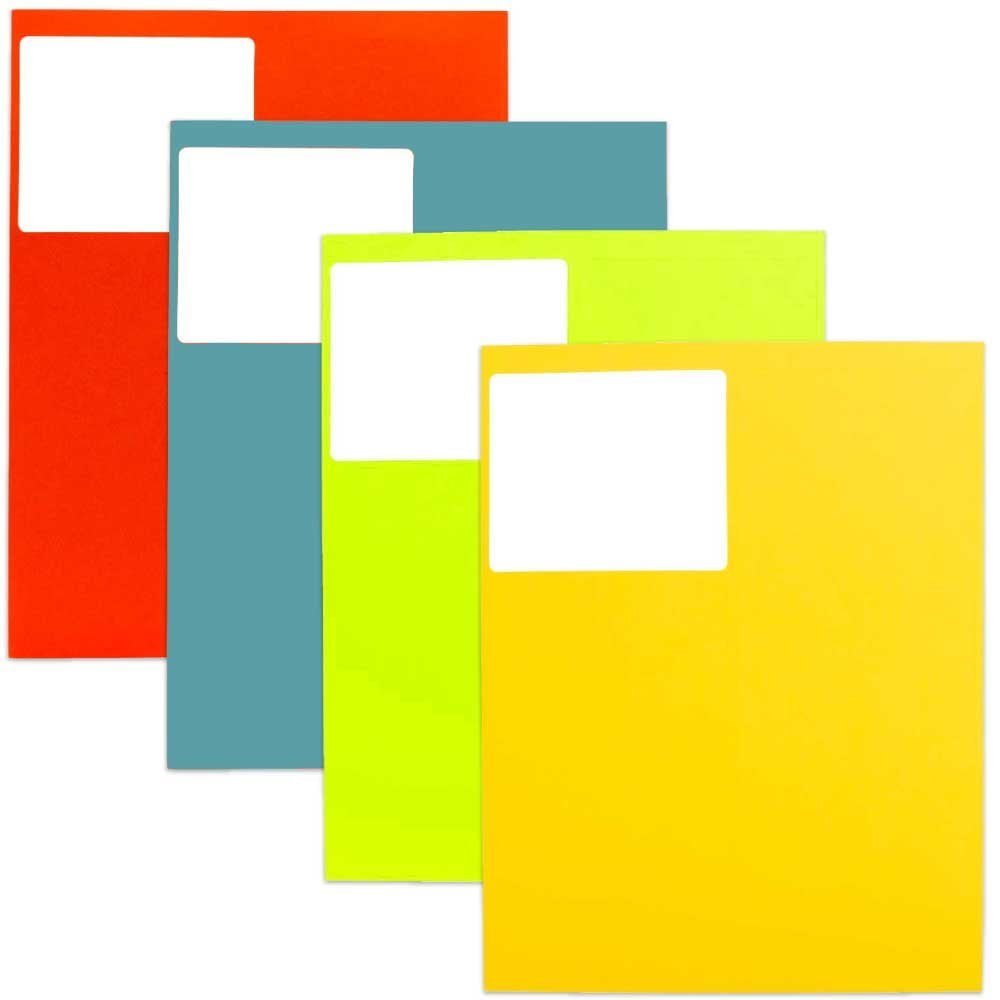


Post a Comment for "45 hazard labels class 4"